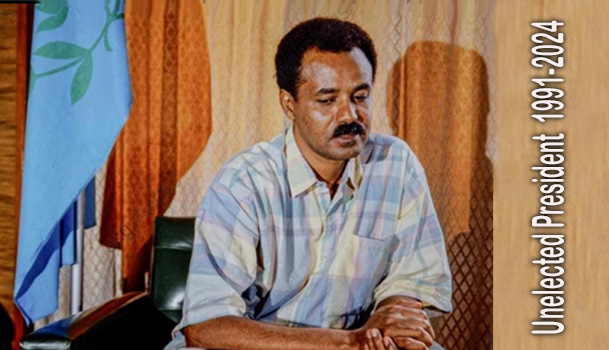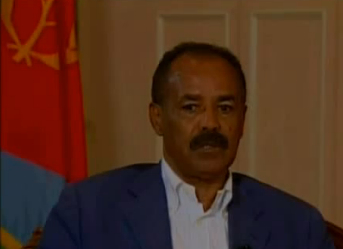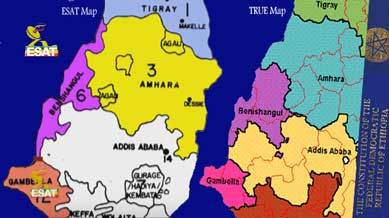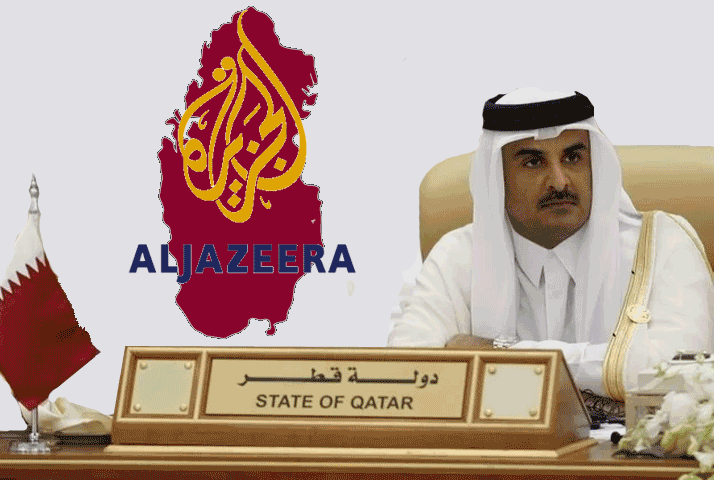The Eritrean Dilemma with Its President

Isaias Afwerki. The most mentioned. The most criticized. The most admired, and at the same time, the most despised. He’s a prominent character in most dialogues, debates and discussions among Eritreans. Some admire him as the most accomplished person because he successfully led the struggle for the independence of Eritrea. To others, he’s notorious for introducing an open sectarian divide within the Eritrean struggle. To many who are too young to remember his past, he is either a dictator who has ruled Eritrea with iron fists since its independence in 1991, or an icon of resilience and a charismatic, skilled organizer.
According to many, the Eritrean struggle has always been complicated. Yet it brought together combatants with diverse views and ideologies, some inherited from the earlier epochs of history, others imported from far lands. It skillfully directed everything towards the main goal, the independence of Eritrea. All the while, despite the political quagmire, Isaias was determined to win at any cost, and he accomplished that due to his resilience.
Most constructive achievements, as well as destructive Incidents, are perceived as his doing. So were most milestone achievements attributed to him even when he had little or nothing to do with them. Accolades and inducements keep raining on him, with or without merit. He is the perfect example of a politician who is denounced and praised in the same breath. To this day, he remains the most controversial figure in the history of Eritrea and the Horn of Africa.
However, except for providing leadership, good or bad, he did nothing on his own. He always had powerful allies and supporters. He knows how to organize and create cults, and many believe he is an expert on Machiavellian tactics.
Those who hate him rarely describe him objectively but in biased and primitive manner. They accuse him of sleekly exploiting sectarian sentiments and mannerisms and of conspiring with Ethiopia and the CIA from the beginning.
A considerable number of traditional nativists think they carry purer Eritrean blood than him, and they cling to primordial justifications to belittle his Eritrean identity. They even embarrassingly go as far as attacking his familial ties, and other personal issues. But the source of such attacks are his opponents, and the abundant rumors. They believe that is an effective way to get rid of him. Yet, many of his close colleagues have written and spoken of these traits in detail.
Mimicry of Clouded Support
However, those arguments are weakened because they do not focus on his leadership tactics, his provocative and rude speeches that debase Eritreans, or his failed leadership that couldn’t provide basic rule of law, peace, or a dignified livelihood for the people he rules unelected for more than three-decades. That’s the palatable but neglected arguments.
Isaias is always unhinged. He is fond of insensitively insulting the people and demoralizing them. He forgets he is the president of a nation and speaks like a layman at worst, and a partisan hack at best. He is so unrestrained that he has taken the people for granted. His adversaries say, “It’s mind boggling why he couldn’t learn to save himself and the nation from all the embarrassments, by leaving petty issues to the media.”
Isaias fully controls the media, which he designed to serve him by spewing propaganda and only elucidates his worldview! True history can only be written by academicians and scholars in a proper setting , provided an air of freedom is created. Since 1991, when Isaias consolidated his power, he has been busy re-inventing the Eritrean narration, fighting with his long dead leaders and colleagues. Now, all are busy challenging the narration he has been peddling for too long; even those who resisted incriminating and judging him for his past performances are provoked to take him on. But in the process, the whole Eritrean political scene is being damaged.
Isaias’ world view is constructed with two feuding forces in mind: those who are loyal to him, and those who are not. Rarely can one find a difference between his character and that of his supporters, who have inherited his pomposity, arrogance, putdowns, and demeaning insults—unfortunately, most of his insults are not expected to be uttered by a petty official, let alone a president.
True Patriotism Questioned
Sadly, Isaias is too arrogant to accept advice or consultation from others. His mind is set, and he is determined to pursue it to the end, regardless of the consequences. If that were not the case, why would a nation that started a long and arduous struggle in pursuit of justice, freedom, and liberty, still be denied any semblance of those ideals. It’s unfortunate that Eritrea is governed haphazardly under a militaristic rule that has become synonymous with cruelty and injustice.
Naturally, national leaders deserve respect because they represent the whole nation—whether Isaias is respected or disrespected, it reflects on all Eritreans and their country. That is lost on many of his followers, who always play destructive roles in igniting conflicts and infightings; but they could have saved the nation all the pain if they changed their warlike postures. Even at this time when the entire region is raging with violence and bloodshed, Isaias and his party are focused on how to win the next war. And when that is over, the same goal will continue, probably with another (or with the current foe) in a cycle of endless confrontations. Today, after 33 years of independence, that confrontational path has not borne any fruit but stagnation.
It’s painful for Eritreans to be treated as squatters in their own country, to be perpetually seen as suspects, endlessly considered soulless animals, non-persons who are alive thanks to Isaias’ and his only ruling party’s generosity. Worse, Isaias expects to be endlessly thanked for defending the sovereignty of the land, for keeping many enemies at bay. Eritreans are reminded of his supposedly good deeds indefinitely, as a favor to the very citizens who provide their sweat and blood–citizens have given their lives and their families’ lives. Yes, Isaias thinks it’s noble of them to silently forfeit their freedoms for his glory while their fate remains a slogan for his boasting supporters.
Isaias, the leader you may like or not
As a leader, Isaias represents Eritrea, whether one likes him or not, because he has the reign of power. He commands the national security forces, he has the last say on the resources of the country and how it is invested, dispersed, saved, or squandered. He has the last word on who rots in jail, who must be exiled, who is allowed to return home, who is to die languishing in jail, who walks the streets with heads up and arrogantly boasts and sloganeers, and who must sit by a street corner like a stranger and watches as life go by.
That is why Isaias is being strongly criticized as he should be—the messengers cheering him are not worthy of anything because when fortunes turn, they will be the first to jump ship. They are totally unprincipled, opportunistic, and unreliable.
Sadly, most of his supporters fit in the category of Eritreans that he shaped in his image and character. They are emotional, as witnessed when Aby Ahmed sloganeered Tedemmirenal; they came out in droves to be added in the political scam. They are the first to turn into loudspeakers whenever the regime kickstarts an agitation for a goal; they are the first to turn peaceniks the moment the regime tactically signals a peace sign. They would adopt anything and everything Isaias and his regime adopt. They have no language of their own, no character and they mimic what the regime propaganda tells them to repeat.
Embracing Nuances and Dialogue
Finally, I hope those who love their country, the true patriots, will listen or read this attentively. I hope they contemplate about the situation and note its seriousness. Not much is expected of those who are always on the defensive, always trying to justify their wobbly positions, and never admitting mistakes.
This message is my way of encouraging the patriots to reflect on the topic, weigh it critically, and analyze it rationally and honestly. It’s also prudent to remind the few disrupters to realize Eritrea belongs to all; no one has countersigned it to their monopolistic ownership. Patriots should not remain indifferent when the political derelicts are pushing the country to the abyss as they have been doing for decades. Think about that: is the issue lost on many?




Awate Forum